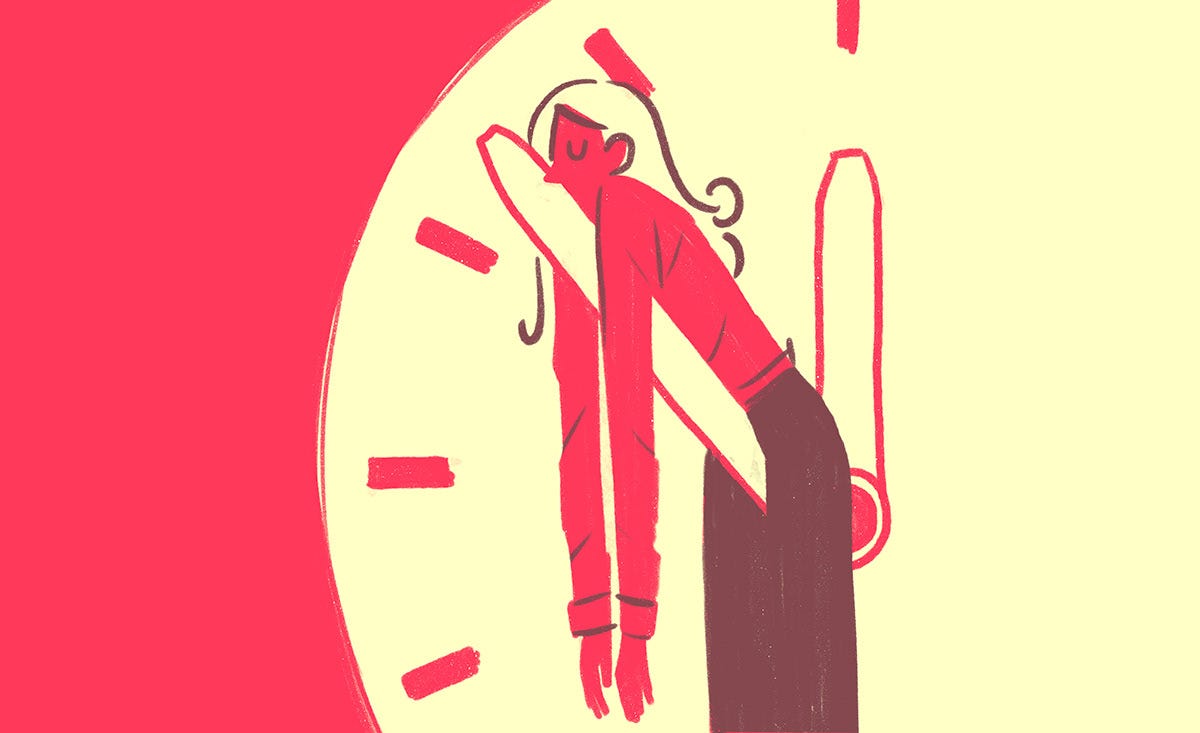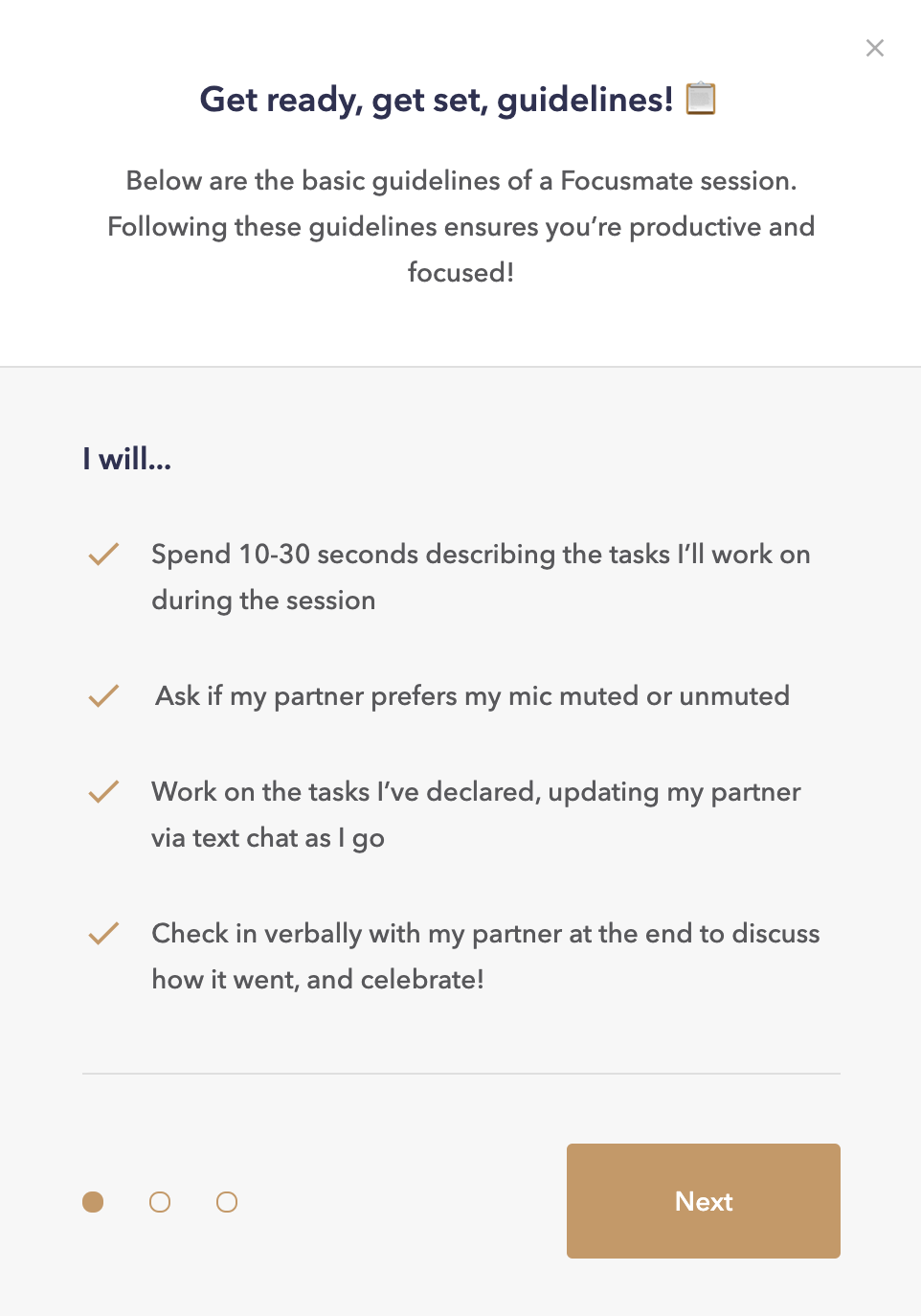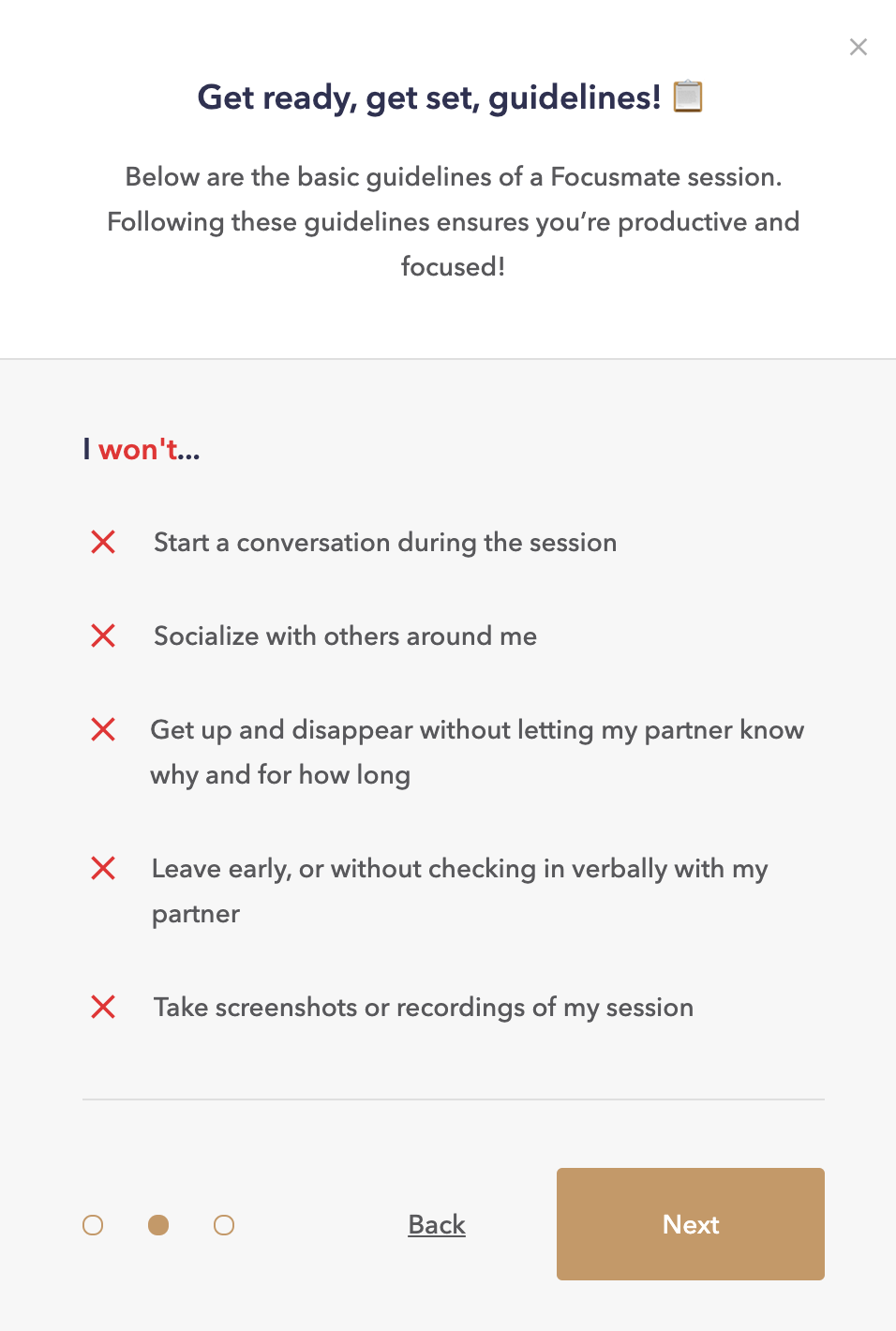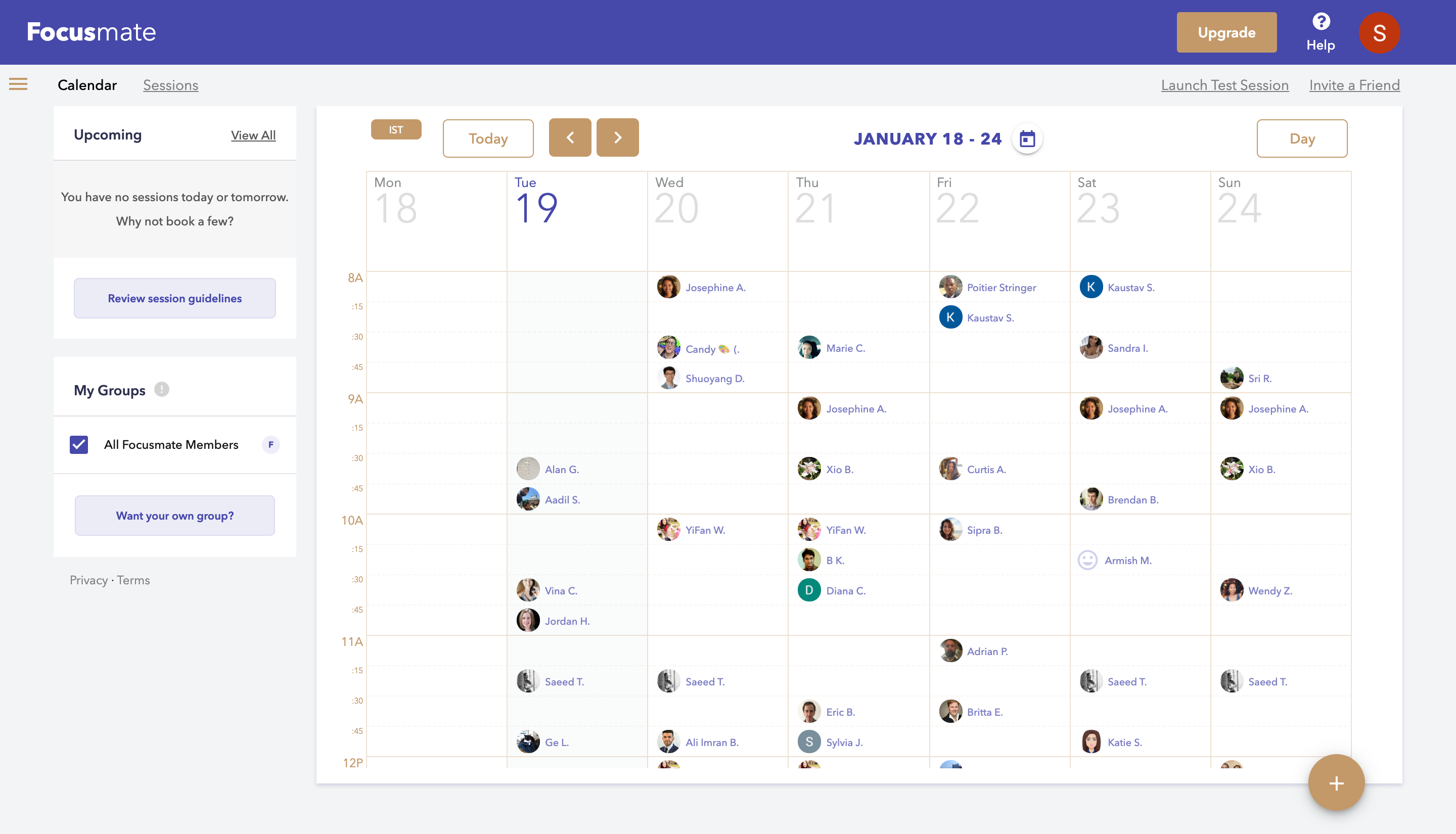How I Embrace Accountability with These 3 Focus-Driven Hacks

You can adapt them to your life as well.
Sun-Tzu wrote in Art of War:
“When warriors are in great danger, then they have no fear. When there is nowhere to go, they are firm, when they are deeply involved, they stick to it. If they have no choice they will fight.”
This war strategy of ‘burning the bridges’ is one of my favorite productivity tricks to get things done.
Yet, I’m afraid I don’t use it as often as I should.
Think about it. We all run after productivity hacks to perform better — meditate, drink bulletproof coffee, exercise, to-do lists, time blocking, deep work, flow, and whatnot.
But in doing all that, we don’t realize that we’re focusing on the wrong thing.
We’re focusing on different tactics that can improve our performance by say 10% each. Whereas, all this time we forget the best fuel for achievement — accountability.
Parkinson gave a law that arguably is the most insightful strategy for increasing personal and group efficiency — “work expands to fill the time allotted.”
You can see this being applied to every field. Think of a task you normally do in 2 hours. Say writing an article. Now if I put a gun to your head and told you to do it in one hour, you’ll do it, right? Of course!
I too am writing this article out of pure desperation. I wrote a blog post this morning and am not in a mood to write. For 2 hours straight I kept procrastinating.
I read a book and took a few calls. All this time I clearly should’ve gone back to writing. But I didn’t.
Then, something happened as I was writing this article — out of pure coincidence.
My friends called up to prepone a meetup for this afternoon! All of a sudden, I have to leave in 30 mins and have no choice but to complete this article.
And so I’m writing this post because I’m on a strict deadline. I may not be able to make it ready for publishing in 30 mins, but I sure can complete the draft.
I’ve found this strategy to work time and time again.
My output entirely depends on my level of commitment — to myself or to others. If my commitments don’t stretch my abilities, I underperform. If they do, I break my own limits.
Let me explain with another example. About 6 months ago, I decided to post regularly on LinkedIn. I thought one post a day was a lot for me.
Still, I sucked it up and did it. A week later, writing one post a day took no more than five minutes. In fact, I started bulk writing 3–4 posts on one day and then schedule them for later.
That’s when I realized “What if I double my commitment?”
And so I decided to post twice a day. I admit I was a bit nervous about this commitment. But as I expected, writing two posts every morning was a breeze. Since then, I’ve come back to posting once a day.
Can I keep on increasing my commitment forever? Obviously not.
But it’s not the number of posts that matter here. It’s that I was able to commit to something which I thought was not possible and made it happen.
To Add Fuel to the Fire, Commit to Others
Setting deadlines for yourself is one thing. Committing to others to achieve a goal is completely different.
Ryan Holiday talks about his experience with accountability.
For his blog, where he’s free to post as much or as little as he likes, he barely squeezes out a post a month. Sometimes there’s no inspiration, other times, there’s no time. And you can think of a million other excuses.
But when he committed to contributing one post a week to Thought Catalog, he always hit his mark. In fact, he had spare ideas that he couldn’t write on.
He writes, “If I sell a book proposal, I’m going to find time to work on the book — even if I had otherwise felt that my schedule was booked. If I put a writing project on my to-do list and schedule the time, I’m going to get a lot more done than if I just waited for inspiration to strike.”
Our Limits Are Illusionary
Research published in the [New York Times](https://www.nytimes.com/2006/02/05/sports/playmagazine/that-which-does-not-kill-me-makes-me-stranger.html) shows that in the 1800s studies found mentally ill patients accomplish extraordinary feats.
In one such case, the German surgeon August Bier found the long jump of a mentally ill patient measured up near the then-current world record. Bier notes,
“These types of exertions seemed to defy the notion of built-in muscular limits and, were made possible by powerful mental stimuli and the simultaneous elimination of inhibitions.”
How? Science, since then, has shown us that fatigue is at least partially controlled by the brain and our nervous system. But our actual physical capabilities are much beyond this level. Thus the famous aphorism told by trained soldiers — “When you think you’re done, you’re only 40% there.”
This just means that the resistance and the nervousness you feel before committing to a big goal is just in your head. To break those barriers, we need to put ourselves in a position to force it out.
Over time, our output will match our expectations. And in that process, you’ll grow to levels you never imagined.
Simple Ways to Make Yourself Accountable
Level I — Get a deadline.
This one’s obvious. A deadline can be internal or external. If one of your tasks doesn’t have a deadline, then assign one yourself.
As a writer and entrepreneur, there’s no one else to look after my business apart from me. I’m the sole person accountable. And so to keep me accountable, I add deadlines to my tasks on Basecamp.
When these tasks are overdue, I see red notifications on my Basecamp dashboard constantly reminding me that I’m behind my schedule.
To avoid that, I can push myself to finish tasks much sooner.
If a project is so big that you can’t feel the deadline for it approaching, ask for deadlines for major milestones with the project. However, you can, however, you need to, get a deadline!
Level II — Find an accountability partner.
Luckily, I’m not running my business completely by myself. I hold myself accountable with my co-founder as well. And I return the favor by keeping him accountable.
I know if I’ve committed to doing something, he will follow up with me again and again. And there are only so many times you can apologize for your lack of efficiency!
Again, Basecamp has a little feature I love that asks you every day — “What did you work on today?”
Knowing that I’ll have to answer that question in the evening helps me get things done. My co-founder also sees my answer which adds a little extra social press
I highly recommend this practice for every company — whether you use Basecamp or not (you should though!). The more people read your answer, the better it is — for you’ll be that much careful of not wasting your time. And if you do, you’d better have a good reason for it.
In any case, the idea is simple. Define your intentions for the week. Then have someone follow up with you at the end of the week.
Level III — Use Focusmate.
I came across Focusmate only while researching this article. Why use Focusmate?
Until now we tried two tactics — keep yourself accountable and using a friend to do so.
You can definitely give yourself ‘legitimate’ excuses as to why you didn’t do a task. And you can probably get away with one or two slip-ups with your friends as well.
With Focusmate, you can book a session with complete strangers and work on your task with your camera on. In fact, let me just show you their session guidelines:


 Photos were taken from the author’s Focusmate dashboard
Photos were taken from the author’s Focusmate dashboard
You can book a session with anyone and start working on something that you’ve put off for long!
 Photos were taken from the author’s Focusmate dashboard
Photos were taken from the author’s Focusmate dashboard
The Takeaway
The final thought is simple — you need help from others to push yourself. If you could do it on your own, you would’ve done it until now.
And even if you think you’re good without accountability, I’d urge you to try it out and see the difference for yourself.
Burn the bridges, get things done, and then relax!
Struggling to meditate? Get your free 7-Day email course — Meditation 101: How to Start Meditating